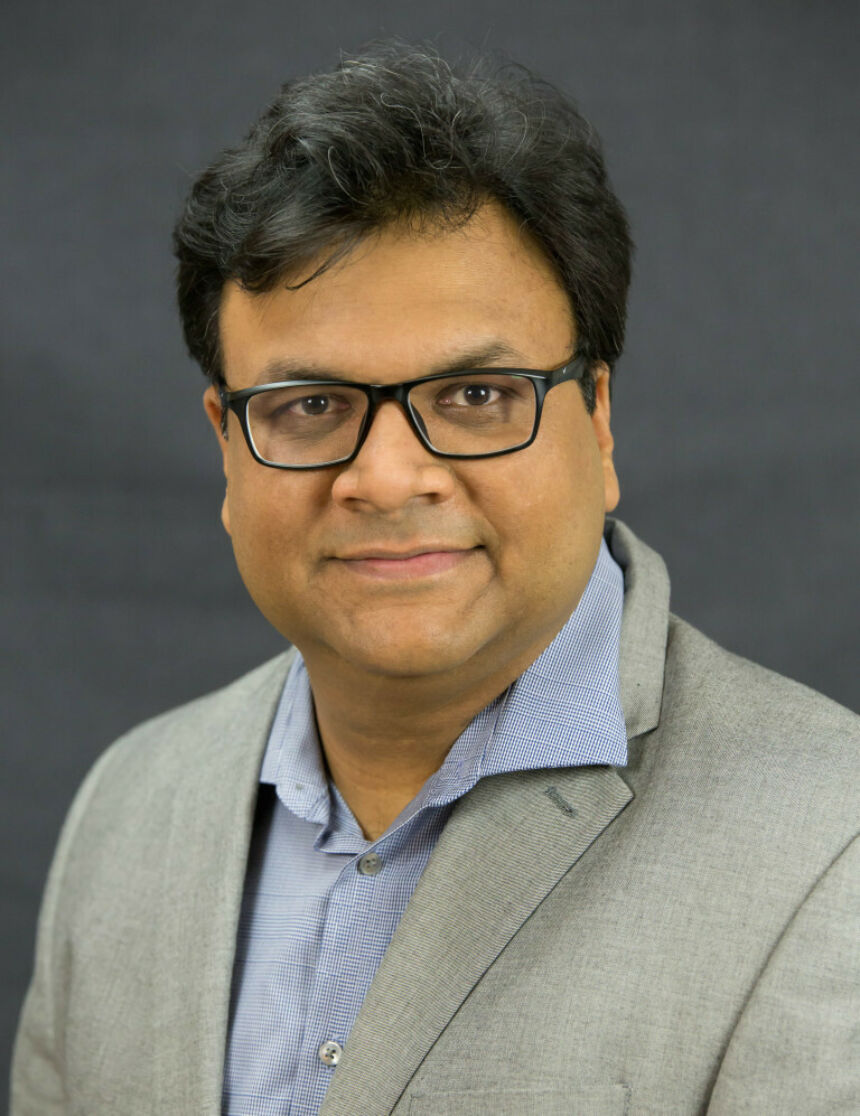March 03, 2016
SIA students have the opportunity to make an impact in developing countries

Penn State School of International Affairs students have the option to apply to Penn State's Humanitarian Engineering and Social Entrepreneurship program (HESE) for an exciting internship opportunity. The internship offers students the choice to work in the United States, Kenya, Tanzania, Nicaragua, and India on humanitarian engineering projects.
SIA Affiliate Faculty Member Khanjan Mehta, founding director of HESE, and assistant professor of engineering design at Penn State, spoke to SIA students as part of Professor Dennis Jett’s Spring Colloquium on Current Policy Challenges (INTAF 590). He explained the framework for creating a product for a developing country, and gave some past examples of HESE achievements.
HESE projects range from low-cost greenhouses and solar dryers to telemedicine systems, cell phone apps that optimize resource utilization and facilitate people-to-people trade, and informal education systems for self-employed women.
“When implementing technology into Third World cultures, before we even begin, we have to assess the product to see if it will be viable,” he said. “Then, we have to evaluate the problem for which we can design, deliver, and sustain a solution, which means the product has to make money or it won’t be sustainable.”
Students selected for the internship work in multidisciplinary student teams on various aspects of research, design, testing, and implementation of these projects for two to four weeks during the summer. The HESE program unites students and faculty from various disciplines under a common goal: to develop technologically appropriate, environmentally benign, socially acceptable, and economically sustainable solutions to global problems. The focus of the program is on humanitarian engineering, or research and design in resource-constrained environments, and aims to directly improve the well-being of marginalized communities.
Mehta’s research interests encompass affordable design; systems thinking; social entrepreneurship pedagogy; agricultural technologies and food value chains (FVCs); global health and telemedicine systems; cellphones, social networks, and trust; indigenous knowledge systems; development ethics and grassroots diplomacy; women in engineering and entrepreneurship; and informal lending systems for micro-enterprises. The objective of his research endeavors is to democratize knowledge and mainstream HESE as a valid and rigorous area of learning, research, and engagement.
